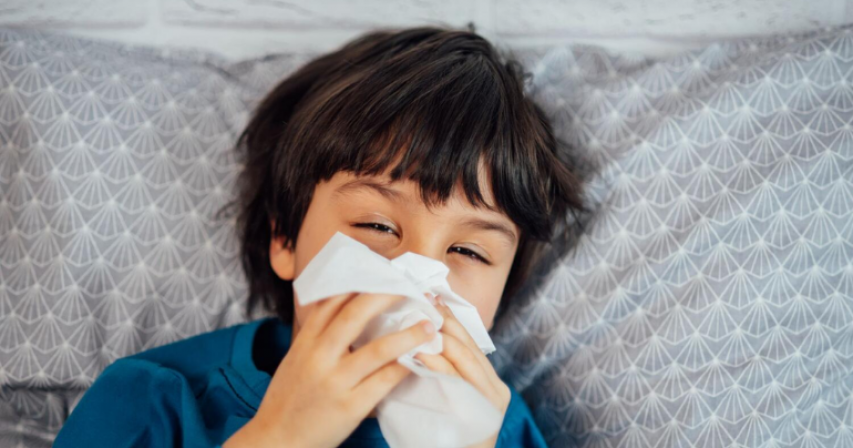Sudden temperature changes pose risks to kids’ health, warn doctors

As temperatures soar in the UAE, doctors are witnessing a concerning trend: more children showing up at clinics with symptoms like fatigue, sore throat, and fever. This surge in pediatric visits is attributed to the abrupt shifts in temperature, especially from scorching outdoor heat to chilly indoor environments.
The drastic change in temperature is taking a toll on children's health, making them more susceptible to fatigue and various infections. Dr. Fahad Farouk, a specialist pediatrician at LLH Hospital in Musaffah, highlighted the increase in complaints among children, ranging from tiredness due to heat exposure to sore throats caused by dry, dusty environments. Additionally, health professionals warn of the prevalence of summer flu, or enteroviruses, during the hotter months, leading to symptoms like fever, sore throat, and cough.
Dr. Zaid Mahdi Mohammed, from Canadian Specialist Hospital in Dubai, emphasized the impact of moving between hot outdoor temperatures and cold indoor settings on respiratory health. This abrupt transition stresses the respiratory system, drying out mucous membranes and making children more vulnerable to infections. Moreover, viruses tend to thrive in cool, dry environments, such as those created by air conditioners, further increasing the risk of respiratory illnesses like the common cold and flu.
Dr. Prashant Kadam, a specialist pediatrician at Zulekha Hospital in Sharjah, advised against consuming chilled water, ice creams, or unwashed fruits during the summer months, as these items can harbor viruses and increase the likelihood of infection. Instead, he recommended drinking plain water after eating cold items and ensuring fruits are washed thoroughly before consumption to minimize the risk of infection.
To combat heat-related illnesses like heat exhaustion, pediatricians stress the importance of staying hydrated, especially when engaging in outdoor activities. Dr. Mahesh Katre, a consultant pediatrician at Al Zahra Hospital in Dubai, urged parents to encourage regular water intake and monitor their children's urine color, as concentrated urine indicates dehydration.
Recognizing the symptoms of heat exhaustion is crucial for preventing serious health complications. Dr. Manaf Shaker AlKassab, an assistant professor and senior consultant pediatrician at Dr. Sulaiman AlHabib Hospital in DHCC, outlined key indicators, including heavy sweating, dizziness, nausea, headache, and muscle cramps. Parents are advised to promote a balanced diet, adequate sleep, and moderate indoor temperatures to support their children's immune system and overall well-being.
In conclusion, as temperatures fluctuate dramatically during the summer months, it's essential for parents to be vigilant about their children's health and take proactive measures to mitigate the risks associated with sudden temperature changes. By staying hydrated, maintaining a comfortable indoor environment, and recognizing signs of heat-related illnesses, parents can help ensure their children stay healthy and safe during the hot season.
By: Sahiba Suri





Comments